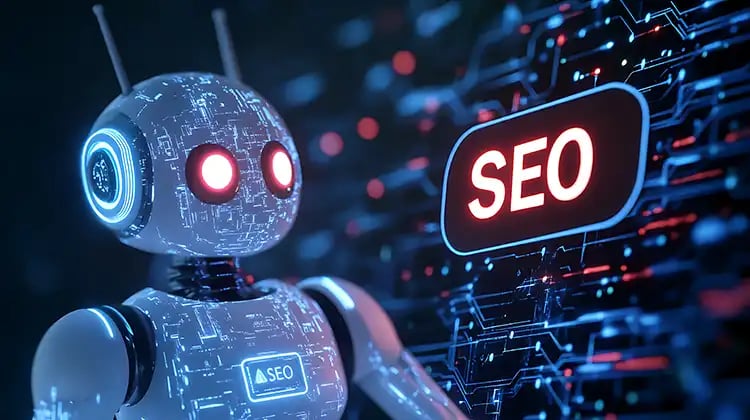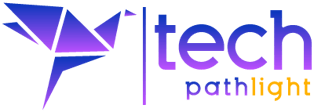AI-Driven SEO & Content Optimization: Achieving Organic Growth in a Competitive Landscape
5/8/20242 min read


In today's fiercely competitive digital landscape, achieving organic growth is essential for businesses seeking sustainable success. AI is transforming SEO and content optimization, empowering businesses to generate SEO-friendly content, analyze data for keyword trends, and improve organic search visibility.
The Power of AI in SEO and Content Optimization
AI is revolutionizing SEO by automating tasks, providing data-driven insights, and improving content relevance. By leveraging machine learning and natural language processing, businesses can:
· Automate Keyword Research: AI can identify long-tail keywords, trending topics, and semantic relationships.
· Optimize Content for Semantic Search: AI can analyze content for topical relevance, readability, and semantic meaning.
· Generate SEO-Friendly Content: AI can assist in creating content that is optimized for search engines and user engagement.
· Analyze Competitor Content: AI can analyze competitor websites and content to identify opportunities and gaps.
· Automate Technical SEO Audits: AI can scan a website for common SEO issues.
Key Tools and Functions Driving SEO Transformation:
· Surfer SEO: This platform uses NLP to analyze top-ranking pages for specific keywords, providing insights into content structure, keyword density, and semantic relevance.
· MarketMuse: Focuses on content planning and optimization, using AI to identify content gaps and recommend topics that align with a website's overall authority.
· Clearscope: Provides content optimization reports based on NLP analysis, highlighting keywords and semantic concepts that should be included in content to improve search engine rankings.
· Jasper AI: Used to generate SEO optimized titles, meta descriptions, and content variations.
· SEMrush: While not purely AI based, it uses AI to provide many SEO insights, and to help with keyword research.
Practical Applications for Business Growth:
· Keyword Research and Planning:
Identify relevant keywords, analyze search volume, and develop content strategies.
Tool Examples:
Ahrefs: While not purely AI, it uses machine learning for various SEO tasks, including keyword research.
Keywordtool.io: Uses Google Autocomplete to generate long-tail keyword ideas.
· Content Optimization and Creation:
Optimize existing content, generate new content, and improve content relevance.
Tool Examples:
Frase.io: Generates content briefs based on competitor analysis and topic clusters.
Copy.ai: Used to generate many types of copy, including blog posts and website copy.
· Technical SEO Audits and Optimization:
Identify and fix technical SEO issues, improve website speed, and enhance crawlability.
Tool Examples:
Screaming Frog SEO Spider: While not purely AI, it automates site crawls and identifies technical SEO issues.
PageSpeed Insights (Google): While not purely AI, it gives suggestions on how to improve page speed.
· Link Building and Outreach:
Identify link building opportunities, analyze competitor backlinks, and automate outreach campaigns.
Tool Examples:
BuzzSumo: Identifies trending content and influencers for outreach.
Many AI driven email tools can be used to help with outreach.
The Future of AI-Driven SEO:
As AI technology continues to advance, SEO will become even more data-driven, automated, and personalized. Businesses that embrace AI-driven SEO will be able to improve their organic search visibility, attract more qualified traffic, and achieve sustainable growth.
Subscribe to our newsletter
Tech Path Light
Unlock AI strategies to enhance your business growth.
© 2025. All rights reserved.
CONTACT
info@techpathlight.com
